Why I love my walking stick
Far from being a social stigma, our writer says his walking stick is more a magic wand and has transformed his life.
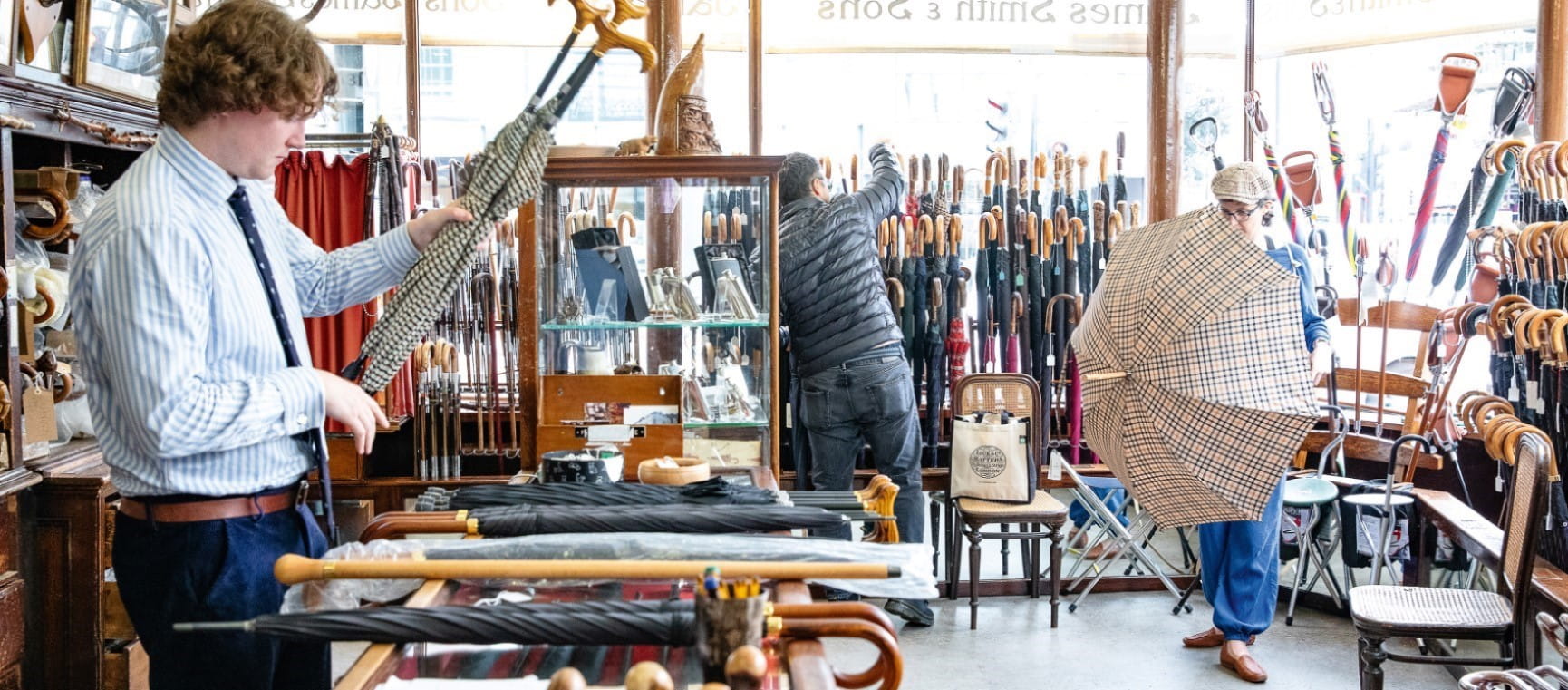
Far from being a social stigma, our writer says his walking stick is more a magic wand and has transformed his life.

The less I do, the more I like to walk. This was a small step I had not expected to take.
I’ve used a walking pole for 15 years, hiking in places like the Lake District near Cockermouth and Loweswater, and increasingly elsewhere ever since I saw former Olympic athlete Chris Brasher and mountaineer Chris Bonington extolling their virtues on television. If two such hairy chested fellows used them with pride, so could I.
To begin with, I had only one and then bought a premium pair recommended by a chap in the cottage next to me. They arrived with pages of instructions and an order to watch a video. To learn to walk? Somehow, they were never unpacked.
A couple of years ago, I woke up feeling odd and experienced a wobbly pavement sensation as I walked to the newsagent before breakfast. It did not go away. A brain scan followed, after which the specialist concluded: "I think it is a combination of things."
This I took as medicalese for, "I haven’t a clue".
I tottered on. I haven’t fallen over (or suffered a fall as they call it when you are knocking on) but one morning recently my brain felt even more as if it was swilling about in a specimen jar. That’s when I took the bold decision.
I have a friend who fell over walking the dog on a beach in Okinawa in Japan. A broken femur led to a long spell in hospital and when he next appeared it was with a walking stick, "for extra security".
I thought, why not? He’s taller than me and looks quite dashing with it. But I can live, I hope, with short and bent if it also means safer.
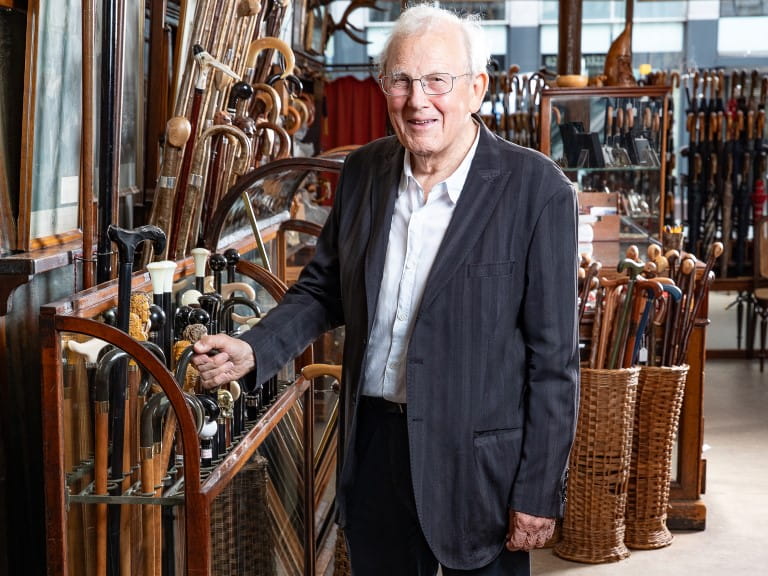
Research gave me the right length for my new support, although this was unnecessary as our local chemist measured me and volunteered to shorten my chosen piece if needed. It took only a moment to select a black cane with a curved wooden grip that I learn is called a Derby handle.
Off I went, almost strode. Far from having to adapt to a novel world, the world adapted to me. Immediately, I spotted rather more kind smiles than I was used to. A shop assistant called me ‘my love’ five times in a brief encounter; people kept saying ‘sorry’ if they entered or left a door within a yard of me.
On the tube all oldsters have been on the journey from embarrassment when first offered a seat, via ashamed and shoulder-shrugging grateful, to gazing aggressively around the carriage with a demanding glare. Problem solved.
Once passengers see the walking stick they are up like jack-in-the-boxes.
In the street, a wave of it halts traffic without a crossing in sight. I went to an exhibition at the British Museum. As usual the information cards were at knee level. A group of visitors clustered round one but someone caught a glimpse of me and space melted open.
I will have my new magic wand for life. Or wands, for a collection is possible, even likely given my joyous conversion.
I had a search online (for research purposes, you understand) and there were dozens on a site headed by photographs of one of those implausibly smiley white-haired couples. This pair were walking through bluebells, he was hanging a touch too tightly onto his partner, I thought. Deep down I knew he was a fellow wobbly.
In time, I might settle on a Brown Beech Derby Handle Dress Walking Stick with Celtic Collar (RRP £35.99, Walking Stick Collection) or a Collectors Hare’s Head Beech Wood Walking Cane (RRP £99.99, Walking Sticks). Probably not a pricey Buffalo Horn Derby on Ebony (RRP £495, James Smith) or a Horn ‘Prince of Wales’ Pistol Butt on Ebony (RRP £545, James Smith).
Problem solved for the inevitable, "What do you want for your birthday?". No longer will I simply hand out a long list of books. More likely I’ll suggest, "a Natural Chestnut Knob Handle, please".
We've got advice from a physiotherapist about the benefits of a walking stick for your health and your confidence and how to use it correctly.
Will Wyatt, 82, is an author and former chief executive of BBC Broadcast.
View author page
Are you retiring at the wrong age? The best age to retire for your body, brain, happiness and pocket.
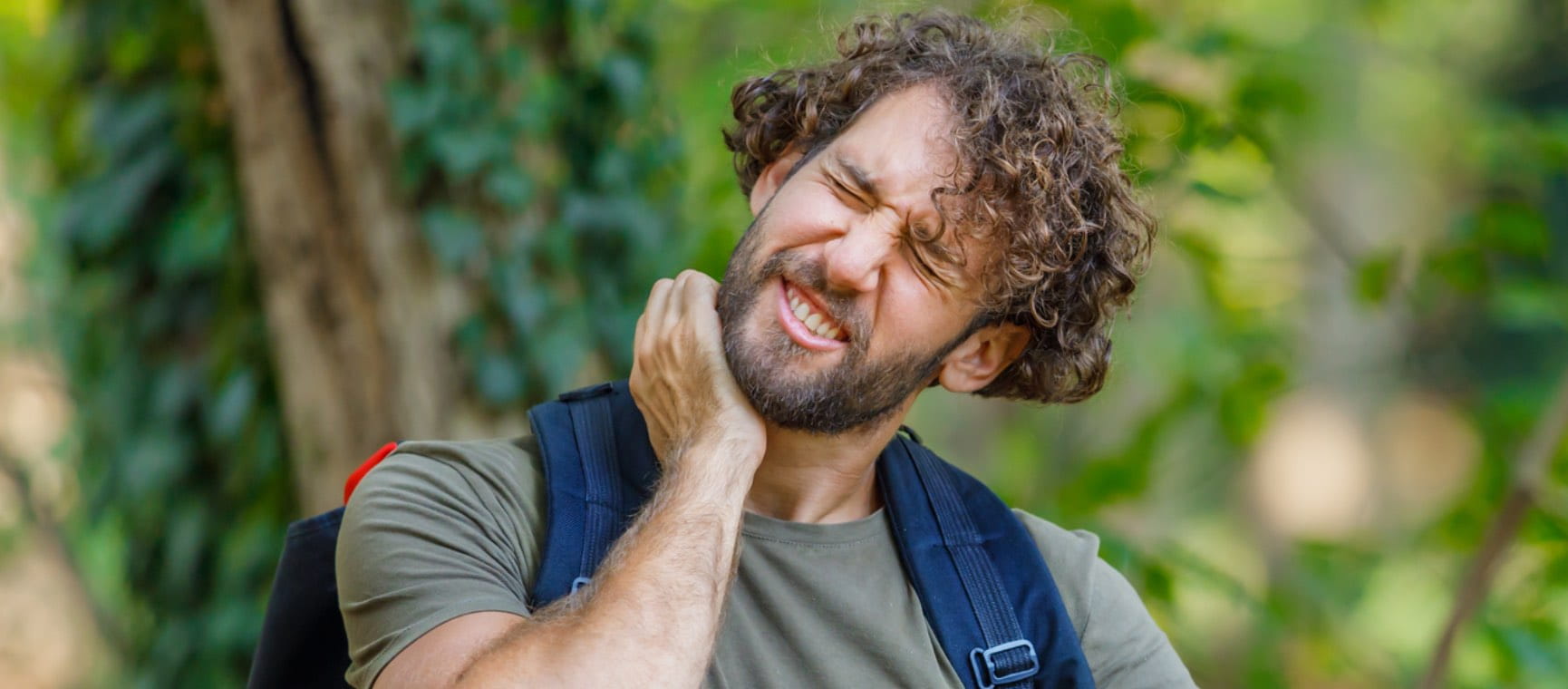

Everything you need to know about the lung infection, and how you could be ill with “walking” pneumonia without realising it.
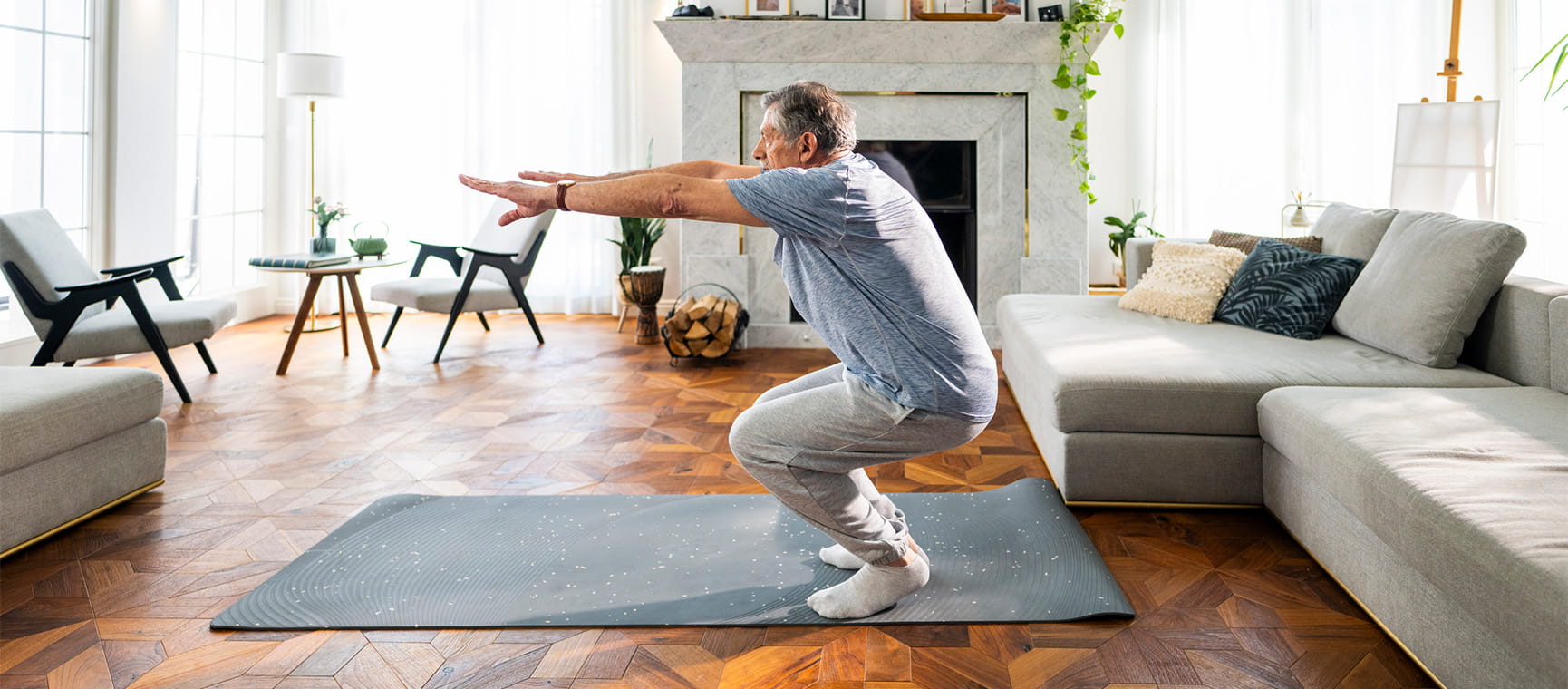
Strong calves for a strong mind: how they support our circulation and brain health, with easy moves to strengthen yours at home.


Our GP Dr Mark Porter explains what can cause itchy skin, which is a common problem as we get older.

Worried you’ve morphed into Victor Meldrew? Find out how to battle that bad mood, and what to do if you’re stuck with a grouchy loved one.

The benefits of heat and cold therapy, and how Nordic bathing won over our nervous writer.

Here’s how to spot the symptoms of heat disease and reduce your danger.

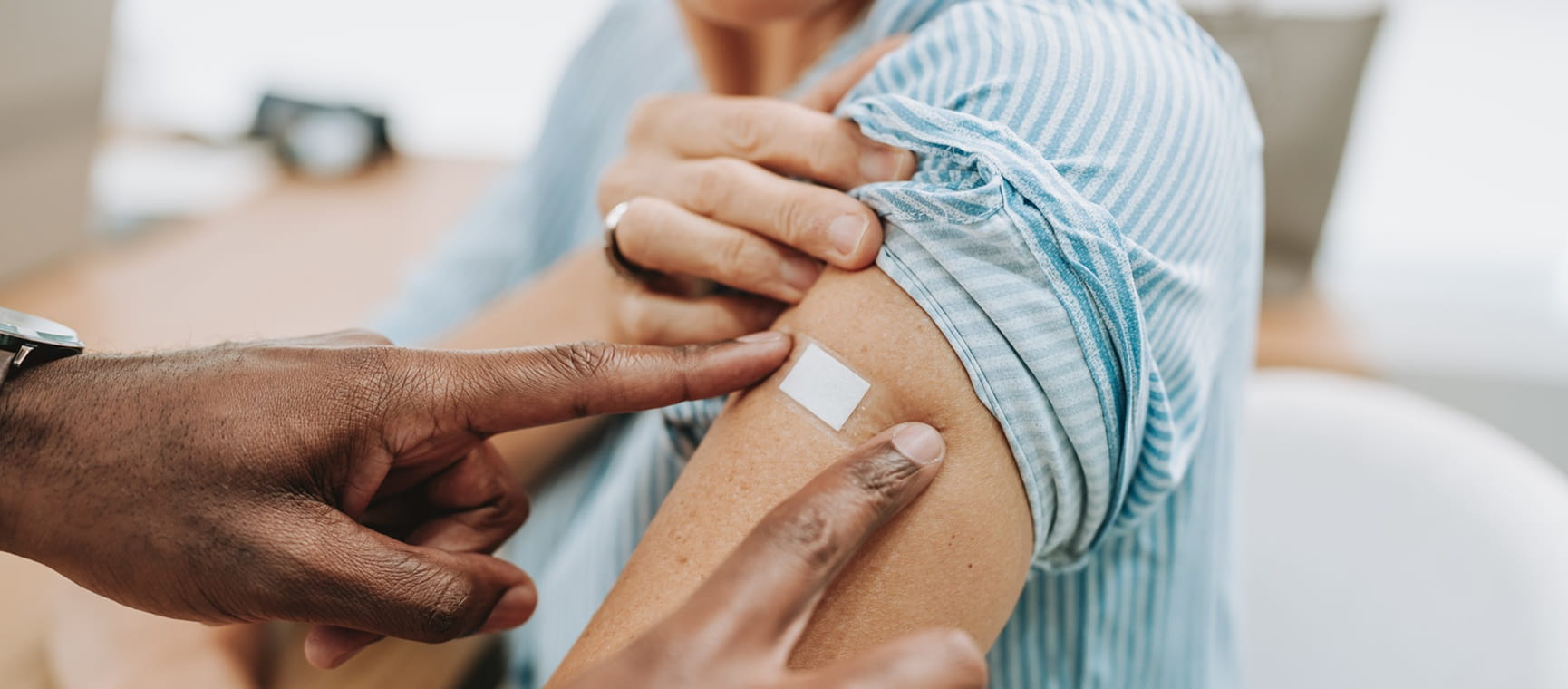
The NHS winter vaccination campaign kicks off next week. Here’s the lowdown on what you need to book.

Pilates for back pain – what to do if you are suffering, and five gentle exercises that could help.
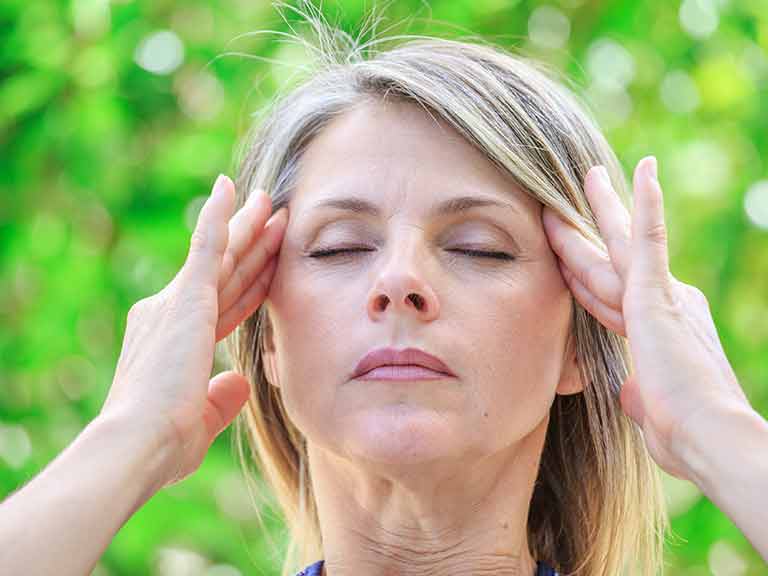
Dizziness or vertigo: a sensation of spinning, can stop us doing everyday things for fear of falling. Try these tips to stop feeling dizzy


You don’t have to put up with bladder leaks. We try out the latest pelvic floor gadgets for men and women.
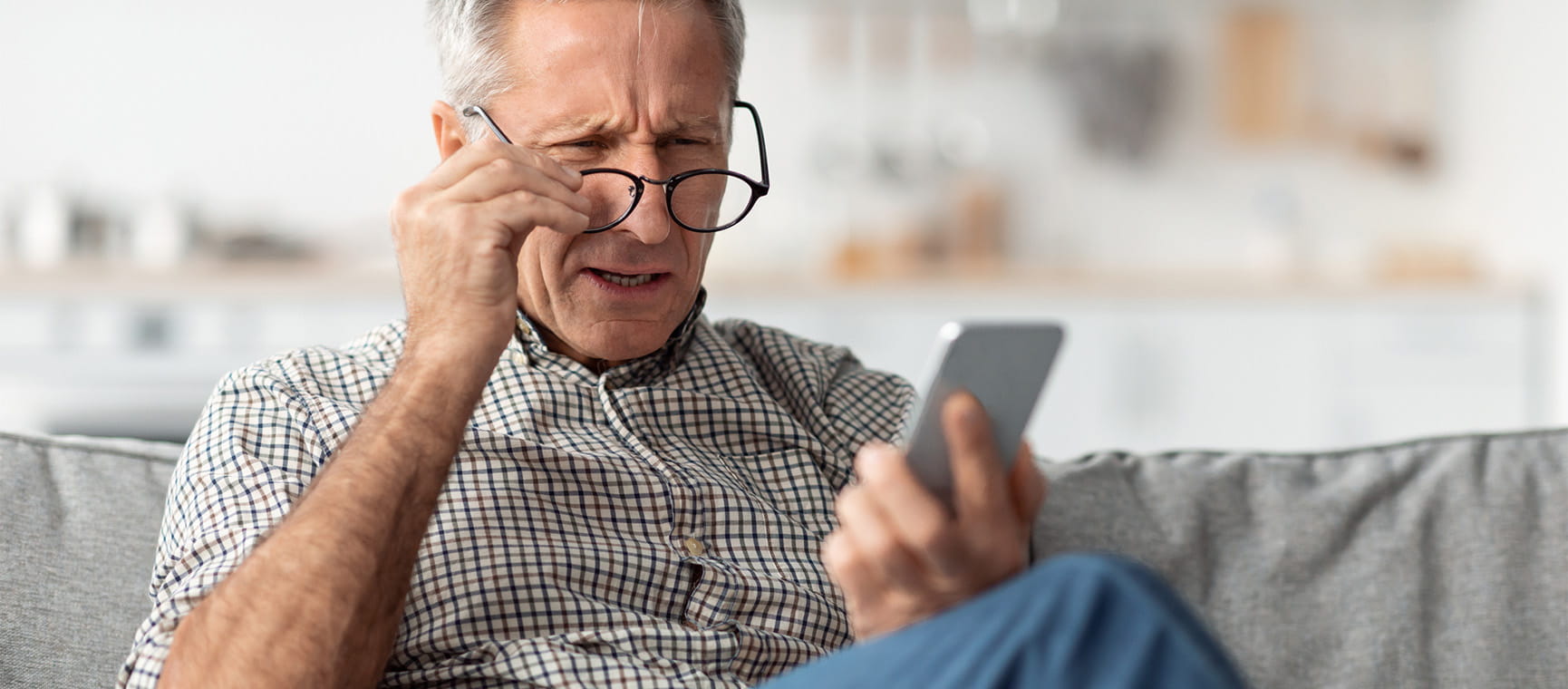
Cataracts are a normal part of ageing. Learn how to spot the signs – and when it’s time to consider surgery.